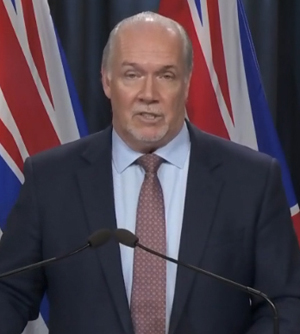
Wednesday May 13, 2020 ~ BC
by Mary Brooke ~ West Shore Voice News
The State of Emergency in BC has been extended for another two-week period, now in effect to May 26 in response to the COVID-19 pandemic which is still in a delicate state in this province.
Gains have been made — the curve has been flattened — but emerging from what was effectively a full socioeconomic shutdown will require careful attention to everything that public health and government have put into place.
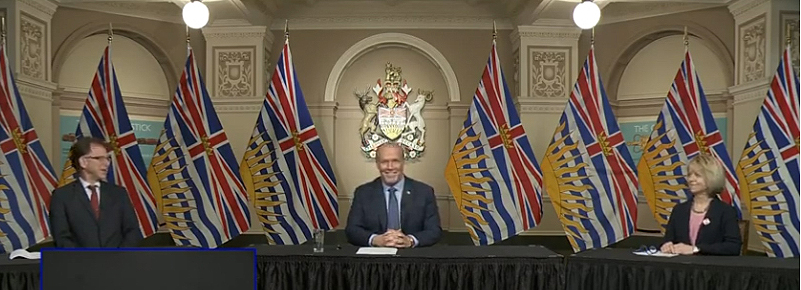
As B.C. moves toward its new normal with Restart BC that reaches Phase 2 on May 19, this latest extension of the provincial state of emergency is declared “to support continued co-ordination of the pandemic response” based on recommendations from B.C.’s health and emergency management officials.
Public Safety Minister and Attorney General Mike Farnworth made the original declaration on March 18, 2020 after Dr. Bonnie Henry, provincial health officer, declared a public health emergency the previous day.
Honouring determination and sacrifices:
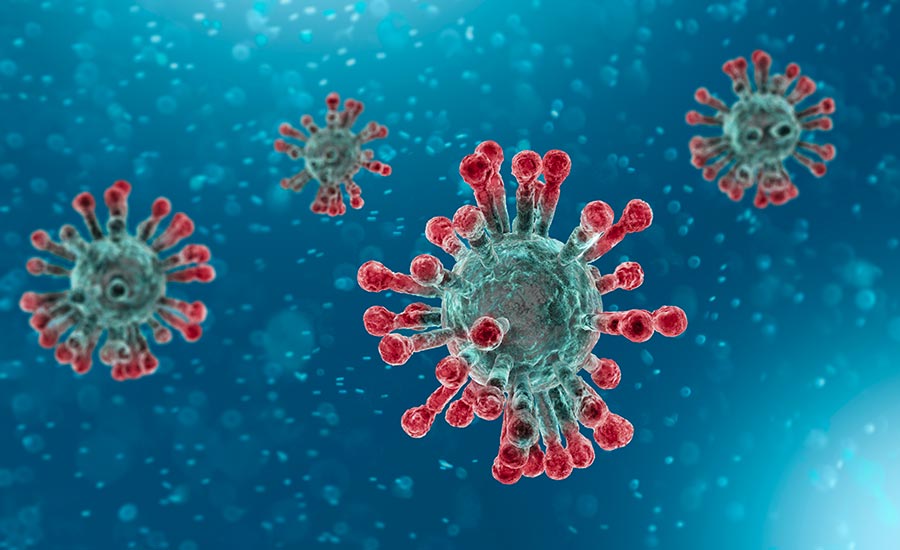
“Because of our determination and sacrifices over the past months, we’re now in a position to carefully move toward the next chapter in our response to COVID-19, but we must not lose sight of the challenges that are ahead,” said Premier John Horgan today May 13 in a news teleconference.
“At each and every step forward, your government will continue in its commitment to keep our communities safe and support people through this difficult time,” the Premier said.
The premier said about planning further ahead: “It’s difficult to deal with July, August and September when in May. We’re not there yet.”
Keeping the borders closed:
Premier Horgan said today that keeping the international border closed between Canada and the USA is important to maintaining the flattened COVID-19 curve in BC, and continues to make that view known to the federal government. “BC is very firm on a non-essential travel prohibition, particularly if they are coming into British Columbia,” said Horgan today in his media session.
Tourism industry under seige:
Will there be an incentive for British Columbians to spend tourism dollars in BC? “One of the most hardest hit industries coming into the COVID crisis was tourism,” said Horgan today. But he insists that “every corner of BC is spectacular. Tourism has been and will continue to be a vital part of the BC economy. Supporting business includes the tourism sector,” he said.
Part of Restart BC will include a destination marketing push to promote staycations, said Horgan. “Now people will have the time to see parts of the province locally.”
The Restart Plan approaches Phase 2:
On May 6, BC’s Restart Plan was announced, laying out “a series of steps and principles that everyone in B.C. will take together to protect people and ensure that the province can come back from COVID-19 stronger than before”.
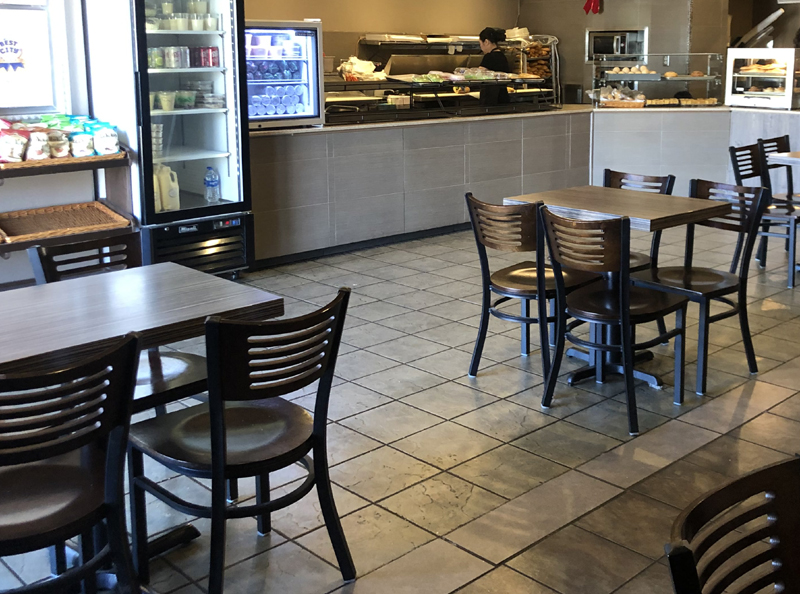
“That does not mean every hair stylist, restaurant, massage physiotherapy or chiropractic service will be open on a particular day. We will start the process,” said Horgan. He said that WorkSafe BC will have guidelines ready this week or next week.
“We are not going to be back to normal. We are going to start the process of bringing back industry that was ordered closed,” the premier said. “Keeping people safe and building the confidence that we need for people to go back into shops” is what needs to happen, Horgan said. He said that consumers need the confidence to spend and businesses to create jobs as a big part of “getting back to what will be the new normal”.
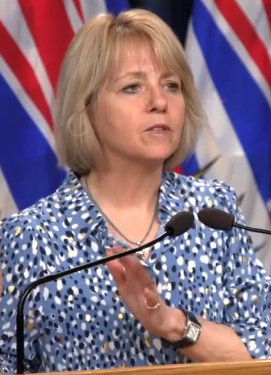
In the Restart Plan, British Columbians are presently in Phase 1 — the conditions we’ve been living in for over two months including self-isolation, physical distancing, and staying home if we’re sick.
Most of the many orders in place by Provincial Health Officer Dr Bonnie Henry will still be in effect in Phase 2, though today Dr Henry said that guidance for various sectors will be released in the next few days. She says that each individual owners will need to work with their own circumstances to order to meet that guidance before they open. “I will be amending the orders to make sure they apply”, she said with reference to salons and other personal service establishments that can open starting May 19 if they are ready.
“As we look forward to increasing our social and economic activity in B.C., we must remember that the fight against COVID-19 is far from over,” says Farnworth. “Our province continues to be in a state of emergency, and we will continue in our coordinated response to keep people safe, support our health-care system and ensure our supply chains are secure.”
Phase 2 after the May long weekend:
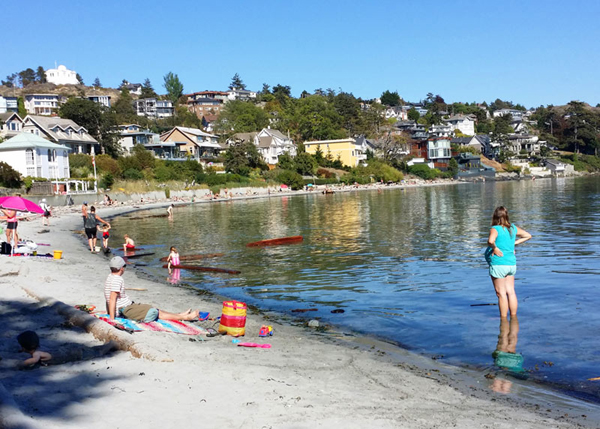
Phase 2 begins on May 19 after the Victoria Day long weekend and people are encouraged to ‘staycation’ this weekend. Travel of longer distances brings risks of community spread and potential burdens to first responders and the health care system.
The tourism industry is hoping for locals to visit places they may have thought about going to for years but never got there. COVID-19 produces that opportunity to explore local places.
BC summarizes its pandemic response successes:
The current state of emergency is being extended through the end of the day on May 26, 2020. During the last two weeks of the provincial state of emergency, government says it has taken action to support British Columbians by:
- supporting over 400 people’s transition from unsafe encampments in Oppenheimer Park in Vancouver, and Topaz Park and the Pandora corridor in Victoria, into safer, temporary accommodation as a first step toward more secure housing;
- opening applications for the B.C. Emergency Benefit for Workers, a one-time tax-free payment of $1,000 for eligible British Columbians;
- making more supports available for communities following a rise in racist incidents targeting Asian people during the COVID-19 pandemic; and
- building on measures to help the forest sector by deferring stumpage fees for three months to help people, communities and forest companies.
The Province has created 1 888 COVID-19 (1 888 268-4319) to connect British Columbians needing non-medical information about COVID-19. This includes the latest information on travel recommendations and physical distancing, as well as access to support and resources from the provincial and federal governments. The call line is available seven days a week, from 7:30 a.m. to 8 p.m. (Pacific time), in 110 languages. People with questions related to their health and COVID-19 should call 811.
=== Quick Facts:
* Declarations of provincial states of emergency may be issued by the minister responsible under the Emergency Program Act.
* The provincial government can extend the period of a declaration made by the minister responsible for further periods of time for 14 days at a time.
* During the 2017 wildfire season, the province was in a provincial state of emergency for 10 weeks from July 7 to Sept. 15.
=== Government-Supplied Links:
For information on BC’s Restart Plan, visit: www.gov.bc.ca/RestartBC
For information on non-medical issues like travel recommendations and how to manage social isolation, visit: www.gov.bc.ca/COVID-19
For recommendations on protecting yourself and your community, including for employers, businesses and schools, visit: http://www.bccdc.ca/health-info/diseases-conditions/coronavirus-(novel)
For more information and latest medical updates on COVID-19, follow the BCCDC on Twitter @CDCofBC or visit its website: http://www.bccdc.ca/


